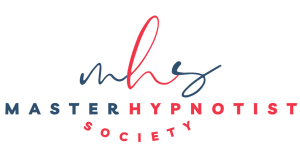Scott's assumptions for training new hypnotists

- Scott McFall
- If you haven’t had a technique done on your first- you can’t possibly understand what it is like when it works well.
- If you haven’t resolved an emotional issue with hypnosis it is bad for you as a hypnotist because you feel above the client against your will.
- If you haven’t used pain management yourself with hypnosis it is very difficult to understand what the client will and won’t believe.
- Long-term feedback is necessary to avoid the delusion that techniques are working. This feedback needs to come from trainers with hundreds or thousands of cases of experience to have any chance of objectivity.
- A young hypnotist doesn’t understand how much of their technique is working because of simple attraction and transference. Therefore, more feedback is necessary to increase strategic technique.
- Every technique and its many variations are similar to needing to practice a play. A director to work through the variations is the only way to cut through the clutter.
- Outside consulting is a must for those in private practice to keep the process from turning into the self-expression of the individual hypnotist.
- Techniques should always be demonstrated as a whole (emotionally and physically valid) before they are explained, rehearsed or broken down into parts.
- Overconfidence is as bad as lack of confidence- because it is about them not us.

Scott McFall
Building a network of referring physicians and mental health professionals. He studied eastern philosophy and martial arts all while touring as a speaker and running the clinics. You may find the experimentation and elimination of fluff from techniques and theories quite useful in your training in hypnosis or NLP with MHS. Learn more about Scott here.

